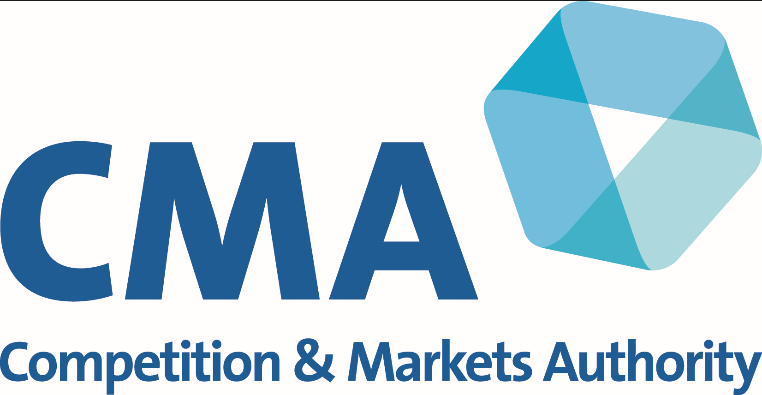Online comparison tools, such as those used by consumers to choose car insurance, are to be reviewed by the Competition and Markets Authority (CMA).
It will consider how to maximise the potential benefits of the tools for consumers, and reduce any barriers to how they work.
It will also consider the concerns sometimes expressed about them. First, whether consumers would benefit from being made more aware of how comparison tools earn money, and the impact this might have on the services they offer.
And, second, whether arrangements between tools and the suppliers that sell through them might restrict competition.
Andrea Coscelli, CMA acting chief executive, said: Digital comparison tools have played a big part in changing markets for the better, bringing new ways of doing things and forcing businesses to up their game. Consumers have benefited as choice and access to goods and services have grown.
“Since emerging a decade or so ago, such tools have helped to inject significant competition into a number of markets, including private motor insurance. They have made it easier for consumers to engage in many markets.
“However, they have been more successful in some sectors than others. We want to understand why this is the case and whether more can be done to ensure consumers and businesses can benefit from them more widely.
“Some people have also raised concerns about certain issues, including whether consumers can trust the information that’s available, and the study will look at these issues too.”
The study will address four key themes:
1. what consumers expect from comparison tools, how they use them and their experiences
2. the impact of tools on competition between suppliers listed on them
3. how effectively comparison tools compete with each other
4. the effectiveness of existing regulatory approaches to the tools.
The CMA will draw on what it has learned from previous work in a range of sectors and build on contributions from other regulators, including recent work from the UK Regulators Network, as well as exploring the role of comparison tools in four case study sectors: broadband, home insurance, credit cards and flights. Private motor insurance was also called a "big success story" by the CMA for comparison tools.
The CMA is also interested in hearing about important issues in other sectors where DCTs operate.
Market studies look into whether markets are working well and can lead to a range of outcomes.
The CMA must announce within six months whether it intends to refer the market for a more in-depth investigation and must publish its report within 12 months, setting out its findings and the actions (if any) it proposes to take.
The CMA is inviting views on the issues raised by the study by 5pm on October 24.
Further information is available on the case page.
The CMA is the UK’s primary competition and consumer authority. It is an independent non-ministerial government department with responsibility for carrying out investigations into mergers, markets and the regulated industries and enforcing competition and consumer law.
Market studies may lead to a range of outcomes, including:
> a clean bill of health
> actions which improve the quality and accessibility of information to consumers
> encouraging businesses in the market to self-regulate
> making recommendations to the government to change regulations or public policy
> taking competition or consumer law enforcement action
> making a reference for a more in-depth (phase 2) market investigation, or accepting formal undertakings in lieu of a reference.
The CMA’s working definition of a DCT is: web-based, app-based or other digital intermediary services used by consumers to compare and/or switch between a range of products or services from a range of businesses. They may allow consumers to compare price, product characteristics or various measures of quality.



















Login to comment
Comments
No comments have been made yet.